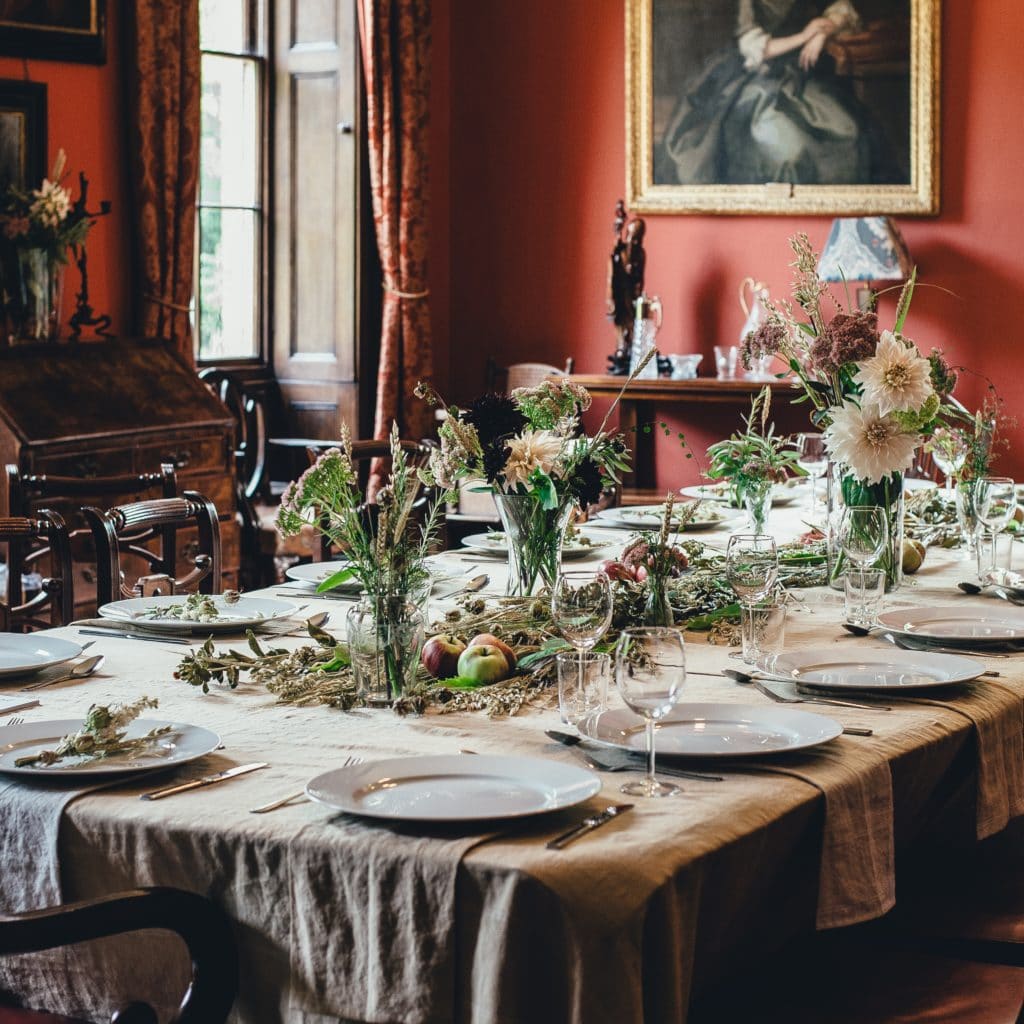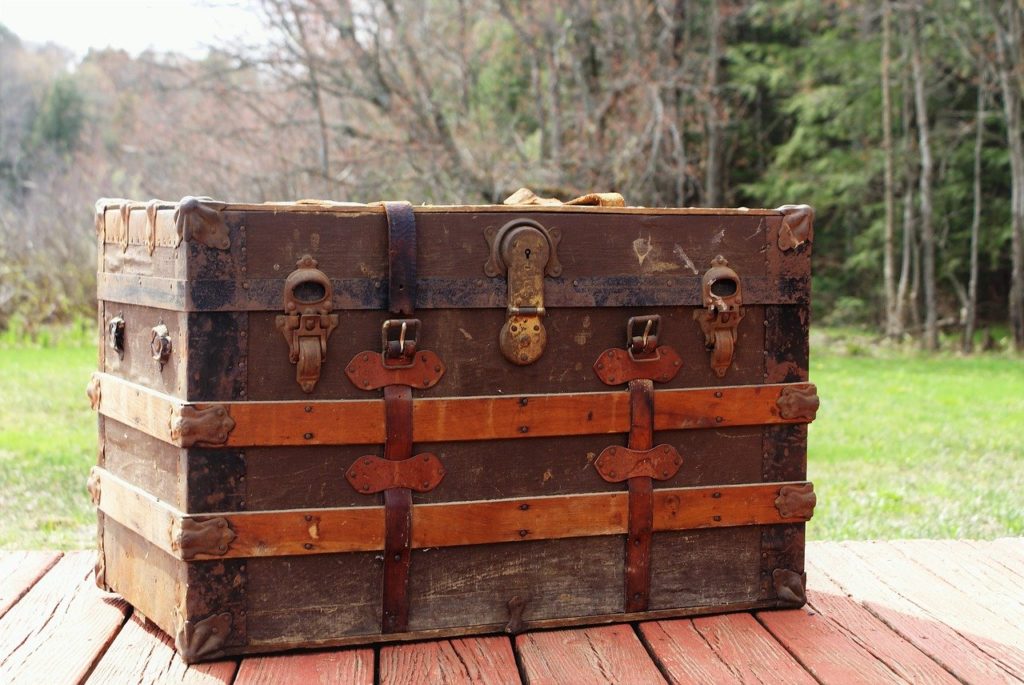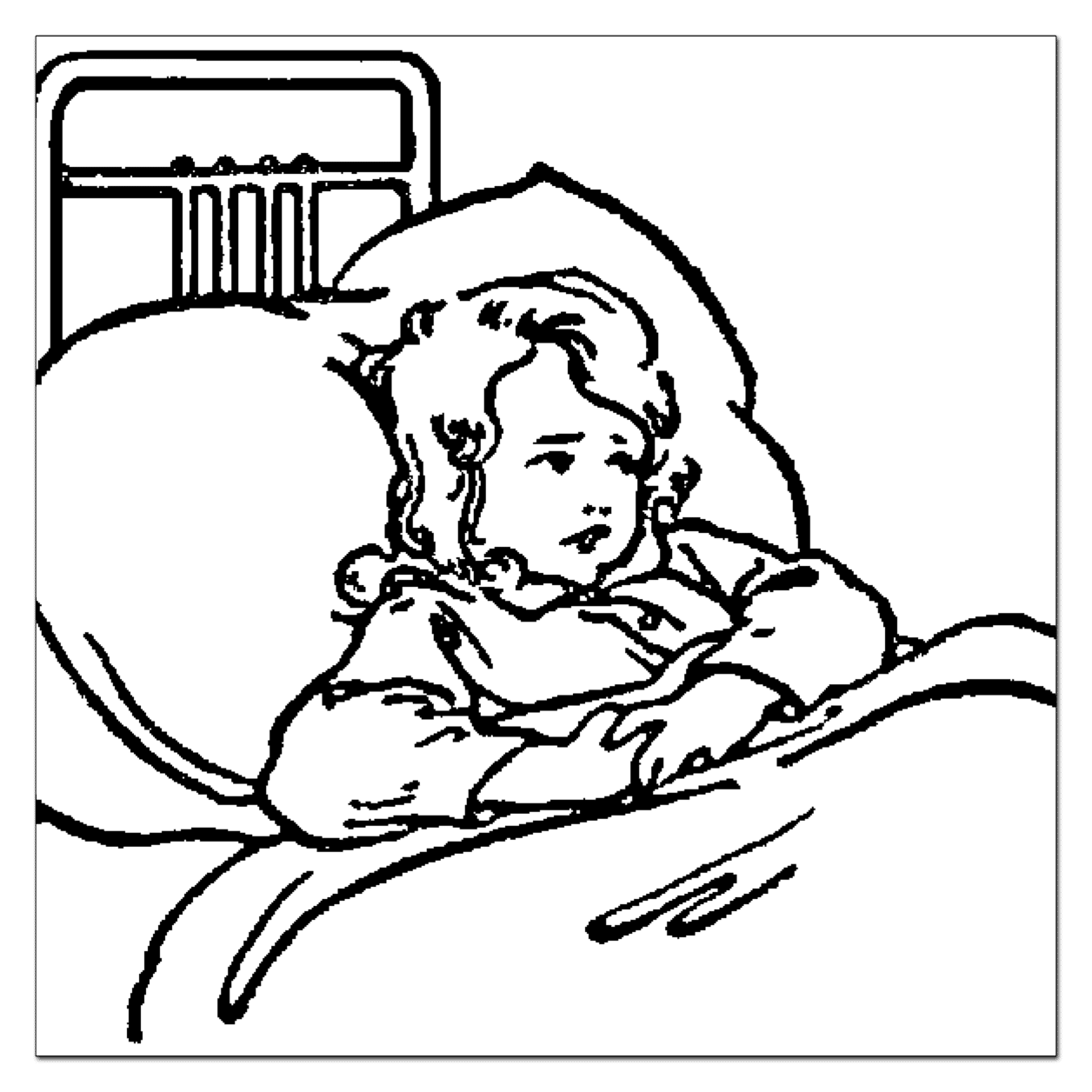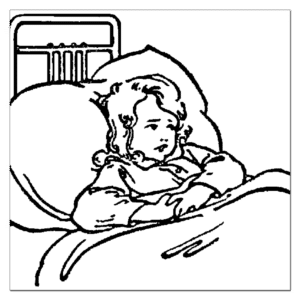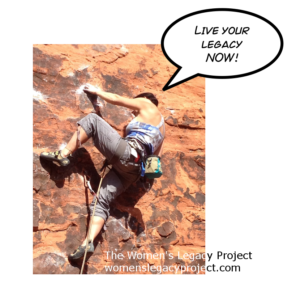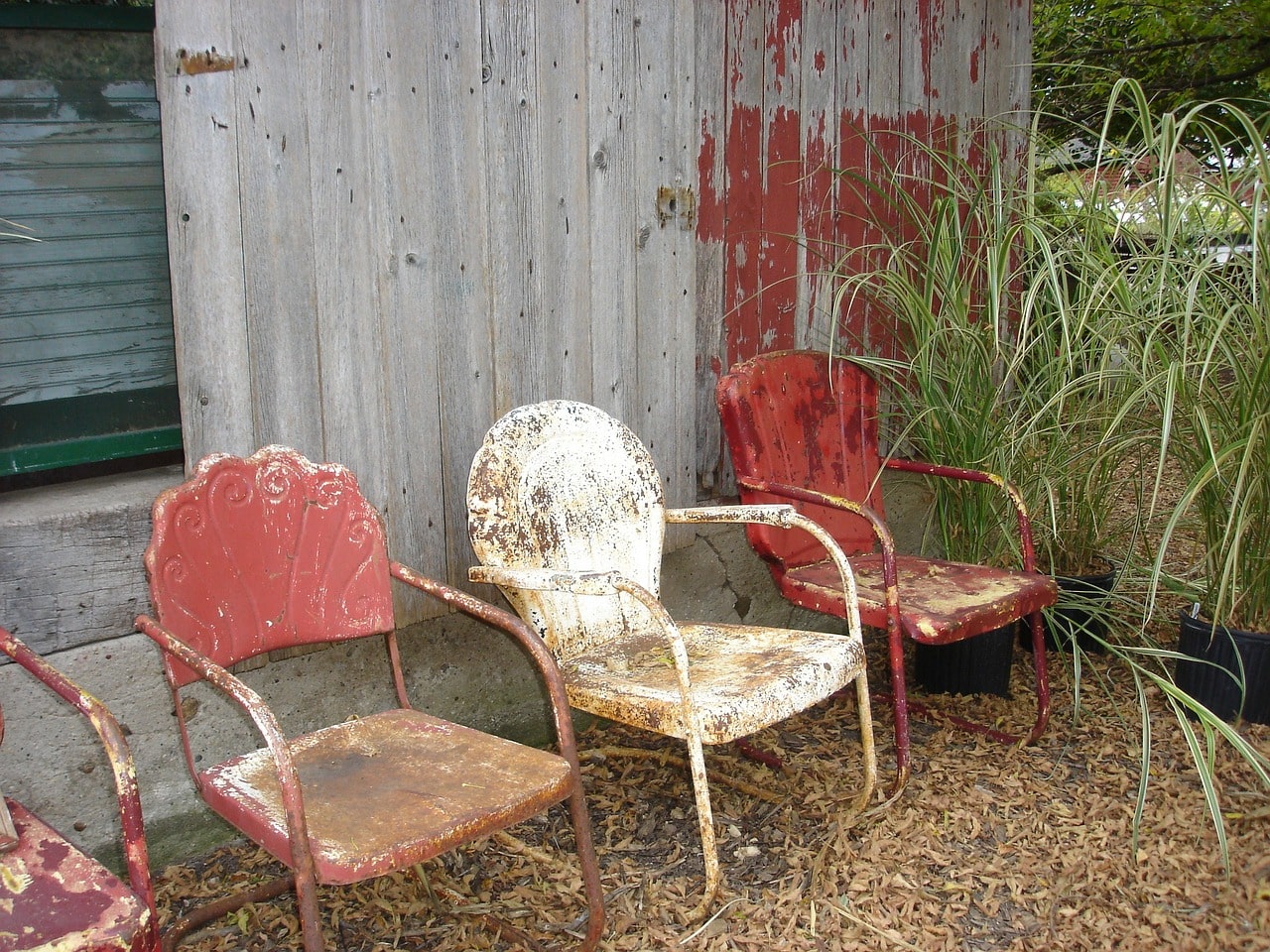Women and Money for the Household
Perhaps this post is more properly put under Women’s Finance.
It isn’t Facebook fashionable to admit to less than sparkling, perfect for a photoshoot backdrop home. I grew up on a subsistence level farm, one of the last ones surviving outside of the corporate model that swept through mid-20th Century America. The sale of crops and livestock made enough to pay the taxes, feed the livestock, plant the next season’s crops, and keep the equipment running with “baling-wire and binder-wine” as the expression went.
Mom’s egg money from the 200 to a 1000 hens she raised and cared for at different times in my childhood was what kept groceries on the table and the little bit of liquidity we occasionally managed to have flowing through the checking account.
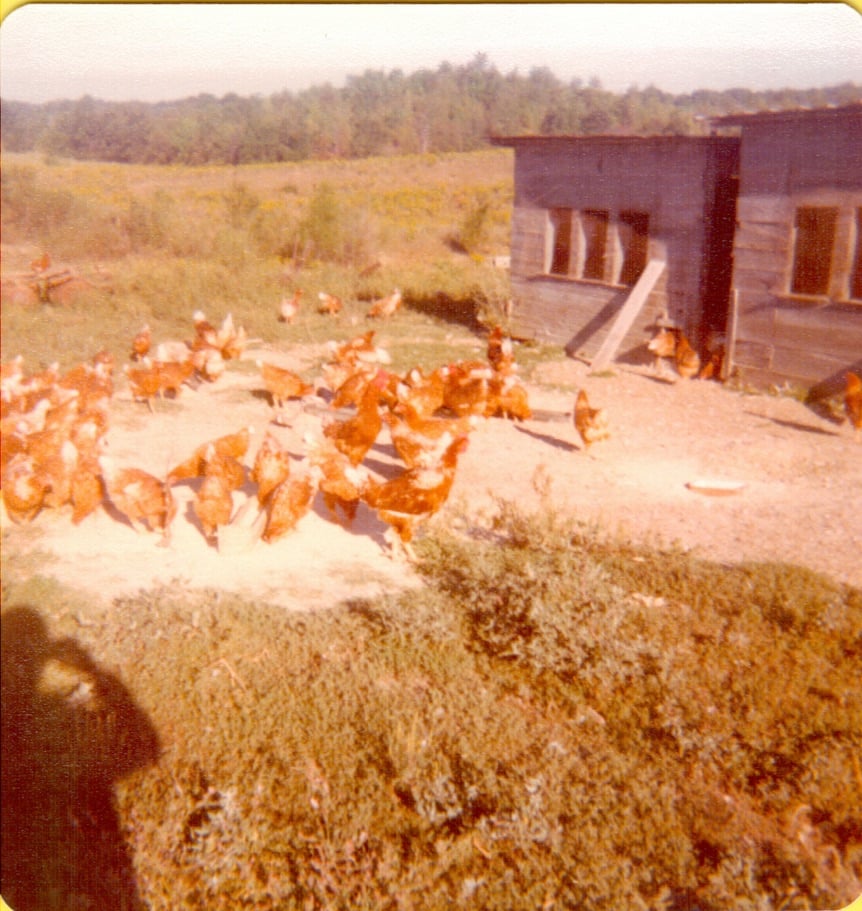
I understand egg money, both first hand, and as women’s culture writer. Women ultimately have to deal with their children when bellies are not full, or good clothes wear out before Easter rolls around. The post WWII American economy lulled a lot of people into thinking there was more than there really was. Corporate salaries inflated, and managers and laborers began to live well beyond their means through credit and carbon footprints that we are now paying for. The concept of egg money brought in by a farm wife to help out a bit when needed turned into a full-time job away from home for every adult in a family unit. I personally am not sure that the prices we paid for our shiny surfaces and purported leisure activities were worth it all.
I think egg money existed for many people for millennia. We just called it life and doing what you had to.
With An Elder Woman’s Eyes
In my own family if I examine what the rural women who came before me in the last few generations actually did to keep their families fed and clothed, I know their lives were not easy. As I begin to look at family records with a elder woman’s eyes I see actions behind family stories.
When I was little the stories told about my mom’s mom, Edith, just seemed to signal the spunkiness of a woman who matured during the last of the land rushes and western expansion in the U.S. The story that most exemplifies this is that, “Grandma always carried a gun. You might never know when you would see supper.” There was also the story of oil on the water on their land in Oklahoma, in the 1910s, that prompted Grandma, to load up a flat-bed wagon with the household possessions while Grandpa was at work, and tell him when he got home that she was moving to Iowa where civilized folks and family lived and he could come if he wanted to.
I look at the briefest outline of her early married life and see a young woman who may not have taken any guff, but who was moving around a lot and probably had to shoot a lot of suppers or her kids would not have eaten.
TWO CENSUS PAGES SPEAK VOLUMES
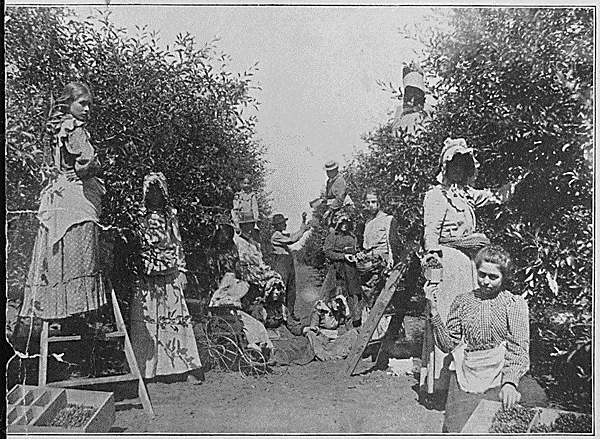
For Edith, my grandmother, there was a lot more moving around with kids in a horse and wagon than I would have been happy with.
- She was born in Indiana in 1883
- She was living in Oklahoma in 1907 with her parents (Newton and Amanda)
- She married Harry in Oklahoma 1909, but her parents moved to Ft Smith Arkansas by 1910
- gave birth to Carl in Oklahoma in 1910
- gave birth to Donovan in Arkansa in 1912
- gave birth to Fay in Iowa in 1914
- her father Newton died in Indiana in 1919
- gave birth to Grant in Indiana 1919
- gave birth to Alice in Indiana 1921
Just this pattern of moves gives me perspective on how women’s lives were shaped by their husbands and fathers.
Newton was always described as a Horse Trader by my mother, though at times he was listed as a farmer. His last son was born in Indiana in 1890 one year after the Oklahoma Land Rush. Newton was at least a year late getting there for the land rush but I think that is why Newton and Amanda took their family and moved there in the 1890s. Within 17 or so years Amanda was back in Indiana with her husband Newton who was ill with diabetes; her daughter Edith was living near her mother in Indiana with her husband who worked as a Tinker (apparently he got in the wagon she had loaded way back in Oklahoma and followed her to Arkansas then Iowa) where she had two more children after trying to build a life in Oklahoma, then in Arkansas, then in Iowa. Both of these women, my grandmother and great grandmother, had apparently had enough of the men in their lives having wanderlust and less than stable professions.
My foremothers had gumption, as they called it back then, and made sure there was egg money.




